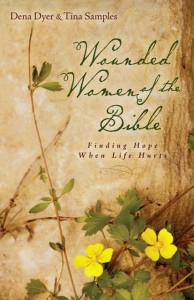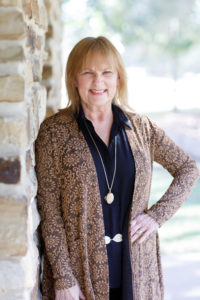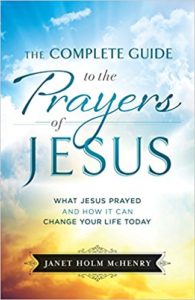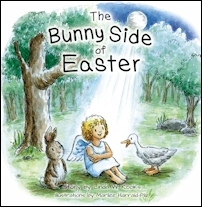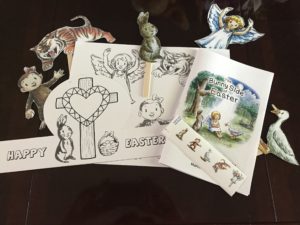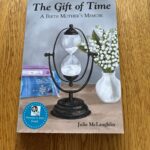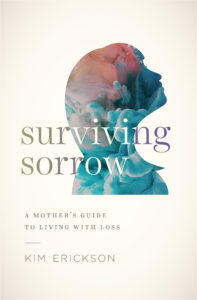 Losing a child may be one of the most intensely painful experiences a person can endure. No one should have to bury their own child. Sadly, for those parents who do experience this, the sorrow can last for many years. In her book, Surviving Sorrow: A Mother’s Guide to Living with Loss, author Kim Erickson gives parents a lifeline to hope as she shares her own story of the loss of her three-year-old son and the path to surviving the sorrow of a lifetime and learning to live again.
Losing a child may be one of the most intensely painful experiences a person can endure. No one should have to bury their own child. Sadly, for those parents who do experience this, the sorrow can last for many years. In her book, Surviving Sorrow: A Mother’s Guide to Living with Loss, author Kim Erickson gives parents a lifeline to hope as she shares her own story of the loss of her three-year-old son and the path to surviving the sorrow of a lifetime and learning to live again.
Linda: Please tell us why you wrote Surviving Sorrow.
Kim: In April 2008, I was just cruising through my life, thinking that I had everything I needed. I had a great job, a husband I was crazy about, and two beautiful young boys. Austin was 3 and Ethan was 15 months. I did not, however, have everything I needed.
I did not have God in my life. I did not have a relationship with Jesus. When I got the call that the ambulance was at our house for Austin, who had been sick for a few days with strep throat, I didn’t even think to pray. I got the call that is every parent’s nightmare and my mind didn’t even consider God – that’s how far away from God I was back in April 2008.
While I was far from God in my mind and heart, God was not far from me. He did something miraculous that day. No, He didn’t heal Austin. He took Austin to heaven, but God did allow me a moment to truly feel His presence, to fully understand that He is real, and know that Heaven is waiting. In that single moment as Austin left this earth for heaven, God changed me. He grabbed my heart and filled it with peace, hope, love, and joy. I hung my humbled head and accepted Christ as my Lord and Savior just two days later.
Surviving Sorrow is my offer of sacrifice to God for His never-ending lovingkindness for us, for the world. It is my deepest desire to help others experience God in the middle of their deepest sorrow, like I did. I’m praying Surviving Sorrow helps them draw close to God in their darkest hour.
Linda: Who would benefit from this book?
Kim: Although I wrote this book for mothers who’ve lost a child, I’m finding out that others are benefiting from Surviving Sorrow. Many times, friends are picking up this book to help them understand how to help someone who has lost a child. They are reading it first, then giving it to a mom who has lost a child. Also, people with other losses (like husbands, nieces, cousins, friends, etc.) have been telling me that Surviving Sorrow helped them draw closer to God through a difficult loss of someone they loved. It’s really humbling to see God use this book in so many different ways.
Linda: There are lots of books about grief and the grieving process. How is Surviving Sorrow different?
Kim: There are a lot of fantastic books about grief and grieving the loss of a child, and I have read many of them. I like to say that Surviving Sorrow is not a book about grieving. It’s a book about living. The focus is not on the grieving process, but rather on how to pick yourself up off the floor and try your best to carry on with life. When our son died, I needed some help with the practical aspects of living without our son. What do I say when a stranger asks how many kids I have? How do I get through the grocery store without a meltdown? What do I do with my child’s things? How will I make it through the holidays? Help!
So, each chapter deals with an issue that comes up while you live with your loss. There are practical ideas listed for each segment. There are “Survival Steps” (how do I keep living?) and “Spiritual Steps” (how do I relate to God now?) for each chapter.
Linda: We’ve heard that it is difficult for a marriage to survive the loss of a child – even that most marriages don’t make it through such a tragedy. Is that true?
Kim: I’m so glad you asked this question! It’s NOT true. In fact, the divorce rate among couples who’ve suffered the loss of a child is lower than the national average. People think it (and often say it out loud!), but it’s simply not true. That being said, it’s definitely not easy on your marriage to go through something like child loss. Like a lot of things you encounter as a couple, the stress of grieving can cause interactions with your spouse to be magnified in some way. What didn’t bother you before, might bother you now and vice versa. Emotions are running on high, so marriages can be strained. But, there is no need to give in to a hopeless feeling. Now is the time to fight for your marriage!
vice versa. Emotions are running on high, so marriages can be strained. But, there is no need to give in to a hopeless feeling. Now is the time to fight for your marriage!
Linda: What do you think is the most important thing for couples to keep in mind as they navigate their marriage through a tragedy or difficult season?
Kim: Treat each other gently. I think it’s really important to remember that you both are experiencing this difficult thing. No matter if the difficulty relates more to one of you than the other. As a married couple, if something is tragic in one of your lives, both of you are experiencing it. If the tough circumstance involves your child or children, then it’s double the trouble because you both are so close to the problem and you likely can’t see straight. You must step back from yourself and remember that your spouse is hurting, too. It bears repeating: treat each other gently.
Linda: What advice do you have for readers who may not be suffering through child loss, but are facing a different kind of tragedy within their family?
Kim: Try to give each other space. Space to let out emotions. Space to just “be.” Be compassionate about how the other people in your family need to process this difficult season. We all handle things differently, and we need to be able to respect that about our loved ones. Allow your spouse or your loved ones the time to do some individual processing. You’ll be surprised to see how much better you will all do together if you each get some time to express yourself in whatever way is best for each person.
Linda: The tagline for Heart Talk is “Finding Hope in Unexpected Places.” Have you and your husband been able to find hope in the unexpected place of grieving a child?
Kim: Believe it or not, yes! The only way, however, is with God’s help. It’s still overwhelming to me how much the Almighty God is willing to hold, sit next to, take a temper tantrum, or wipe my tears. If you lean into Him, He will wrap you in His arms and comfort you. My hope in the unexpected place of grieving a child is in an eternity that has no more death, no more pain, no more tears.
Linda: Your ministry focus is helping women find outrageous joy through a deeper relationship with God. Can you explain what that means to you?
Kim: I spent most of my life rejecting the idea that Jesus Christ was my Savior and Lord. I had a good life by the world’s standards, but I didn’t have the inner peace and amazing joy I have now. A relationship with Jesus is the answer to whatever you are seeking. The result of a relationship with Jesus is outrageous joy, no matter what happens in your life.
Linda: How can people find your book and connect with you?
Kim: I’d love to connect on Facebook (Kim Erickson, Author) or Instagram (@kimerickson8). They can find more information and free resources on my website: www.kimAerickson.com. Surviving Sorrow can be found on Amazon or Barnes & Noble or Moody Publishers. I look forward to meeting some of your readers!




